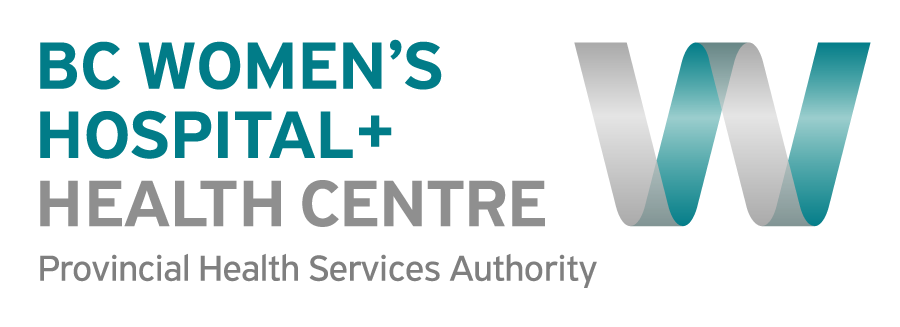TRAVEL TIPS
Metro Vancouver is the largest metropolitan city in British Columbia and the third largest in Canada. It is known for its stunning surrounding natural beauty, including its proximity to the Pacific Ocean, coastal mountains, and numerous parks and green spaces.
Climate – And What To Wear
In the fall months, Metro Vancouver experiences cooler weather and the return of rainy season, but the sun definitely can come out and surprise you!
- Average high: 13ºC / 57ºF
- Average low: 6ºC / 43ºF
There are about 11 hours of sunshine per day in October. Make sure to bring warm, waterproof clothing and layers. This could include sweaters, a light jacket, a heavier jacket and a hat. To stay protected from possible rain, bring boots and an umbrella! Visitors can expect cooler, foggy weather and light rain.
Languages
Canada has two official languages – English and French. English is the predominant language in British Columbia, though many other languages are spoken throughout the province.
Time Zone / Daylight Savings Time
Vancouver, and most of BC, is in the Pacific Time Zone which is one hour behind Mountain Standard Time (Alberta and some eastern areas of BC) and three hours behind Eastern Standard Time (Ontario/New York). Daylight savings time is in effect from the second Sunday in March until the first Sunday in November.
Metric Measures
Canada follows the International Metric System. Temperatures, rainfall measures, distance, weights, velocity are expressed in metric units. Distance is measured in kilometres.
Electricity
Outlets and voltage (120 volts) are the same as in the United States. Small appliances such as hair dryers, irons, razors, etc. can be used in Canada. For those from other countries, adapters are required for electrical appliances. The frequency of electrical current in Canada is 60 Hz.
Currency
The currency of Canada is the Canadian dollar (sign: $ or C$; code: CAD).
To avoid exchange problems, visitors are advised to exchange their funds to Canadian dollars at a bank or a foreign currency exchange outlet.
Money
Paper bills: $5 (blue), $10 (purple), $20 (green), $50 (red) and $100 (brown) denominations.
Coins include the nickel (5¢), dime (10¢), quarter (25¢), ‘loonie’ ($1) and ‘toonie’ ($2).
Electronic Transactions
Credit cards, ATMs, and direct-debit cards are commonly used in Canada.
Visa, MasterCard, and American Express cards are widely accepted in most stores and restaurants.
Banks
Banking hours are generally 10 a.m. to 4 p.m., Monday to Friday. Some banks are open on Saturday.
ATMs (Automated Teller Machines or cash machines) are found at the airport, banks and in retail areas.
Tipping
Tipping in Vancouver is normal and is around 15% to 18% of the bill.
Smoking And Alcohol
Smoking is restricted at many places, including public transportation, restaurants, places of work and enclosed public areas. The current legal drinking age in B.C. is 19 years of age.
